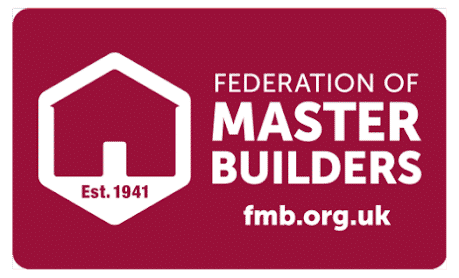Should I demolish Timber Frame Extension?
Hi everyone, just a bit of advice but the house I’ve purchased has a timber frame extension, which has not been done properly by the look of it. The roof has been covered with something, and it’s definitely because it has been leaking. There are very small signs of damp on the side of it and when it’s raining there’s a small area with signs of water. There’s no insulation at the moment, so that would need to be fixed. This is at the back of the house very close to the kitchen (2.41 H x 4.88 L). I wanted to knock the wall in between the kitchen and the extension to make it an open plan concept, but I’ve had a builder and an architect in separate occasions advising me that I should just demolish it and get it done properly. I can see why they’re saying this, as I might end up just getting it fixed here and there (new roof, insulation, etc) but it might still be in vain. I’ve had other builders saying it’s possible for them to make it a fresh but I am contemplating removing the timber frame extension and getting the standard extension later on, or even add 1 or 2 meters as I don’t necessarily need the whole 3/4m it currently has. Just enough to have space for the island, which I would be putting anyway and the dining room 🙂
=========================
Answer :
Based on the information you’ve provided, it seems that demolishing the timber frame extension and rebuilding it properly might be the best long-term solution. Here’s why:
1. Structural issues: The extension appears to have been poorly constructed, with roof leaks and inadequate insulation. These problems could lead to more serious issues over time.
2. Existing damage: The signs of damp and water ingress suggest that there may already be hidden damage within the structure.
3. Professional advice: Both a builder and an architect have independently suggested demolition, which adds weight to this option.
4. Future plans: Your desire to create an open-plan concept by removing the wall between the kitchen and extension would require significant structural work anyway.
5. Flexibility: Demolishing the current extension allows you to redesign the space to better suit your needs, potentially with a slightly smaller footprint that still accommodates your island and dining area.
6. Long-term cost-effectiveness: While demolition and rebuilding may seem more expensive initially, it could save you money in the long run by avoiding ongoing repairs and potential issues with a substandard structure.
7. Building regulations: A new extension would be built to current standards, ensuring proper insulation, structural integrity, and compliance with building regulations.





